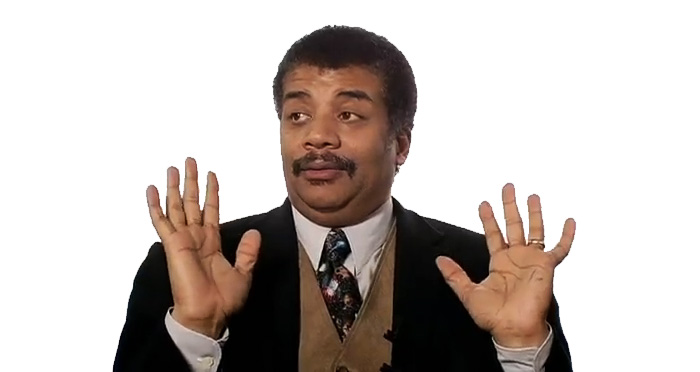
O tempora, o mores! The academic world simply not what it used to be! One might almost think the end is nigh indeed. Maybe, Reader, you think I’m merely referring to the recent spate of politicians who were found to have plagiarized their doctoral theses (like the German ex Minister, Karl-Theodor Maria Nikolaus Johann Jacob Philipp Franz Joseph Sylvester Freiherr von und zu Guttenberg). No, sadly we’ve been introduced to all different kinds of “wannabe” pretenders to our select club, but they represent only the tip of the iceberg … and, besides, their precipitous downfalls warn others of the risks inherent in trying to join this sacred brotherhood. The problem is much worse, much bigger, with graver consequences! Shame, disgrace, derision, ridicule and mockery… One works with intensity for years to carve out a place in the Ivory Tower from which to teach (preferably to teach the kind of difficult and impractical subjects that few people understand). You publish (like a man possessed) in journals that take years to review your work, in a rigorous, ethical and painful (and —why not say it? —exclusive and lucrative) peer-review process. You attend a kaleidoscope of conferences where little by little you meet people like yourself, a group of superior, unique, special, superhero types who have come through the academy’s —and indeed the world’s —most important initiation: earning a doctorate. You follow all the rules to be accepted into that sacred brotherhood where only a few select may enter. For example this magical writing rule revealed to me by the co-director of my doctoral thesis: “In your academic papers adhere to the 2 B’s rule … Be Boring!”
Somehow, you get past a fear-inducing, archaic, indolent, and exasperatingly punctilious review panel. A thesis committee that seeks to justify each comma and period, to hack at the tree of meaning with countless objections and comments until finally —if God and the authorities permit it —they bestow upon you membership in the exclusive club of doctors! You then become the kind of person who —as the mother of Randy Pausch (a distinguished club member, may he rest in peace) said —“is a doctor, but not the kind that helps people.” Having come to that point and having crossed that threshold you feel a disturbance in the force; something invades you, making you feel that you are clearly a cut above the rest. In some countries you can even put “Doctor” on your passport!
And all that effort, sacrifice, pain —and even worse, shame! —just so that a few splitters, some unrepentant characters that we should expel from our glorious and exclusive community, become pop icons. No, I’m not referring to Mankiw explaining economics using Michael Jordan as an example; that was a permissible frivolité that never got too far… Now the problem is much worse. Now it seems the academic world is en vogue!
You’ve never read an academic paper? Obviously, Reader. You’re just a normal person. But now we are to believe that just about anyone has seen such a paper, has held one in his hands. First there was the launch of Google Scholar. That was the beginning of the end. No longer would you spend day and night thumbing through journal after journal (Reader’s Vernacular: academic magazine) for papers that might lead you to finding other papers that might be useful for building our unassailable, valuable, relevant and rigorous new knowledge, our essential contribution to science and humanity. Then Matt Might explains this process (which any good PhD would take pride in using at least 300 pages to describe … and a grad student even more) in an inglorious graphic that makes it comprehendible to the whole world, and not just the to the initiated! (Result: The problem is on the public agenda.)
Reader, understand me, this had been a club for the chosen, for super-humans who had decided to sacrifice themselves for the Good Of Humanity, pursuing the kind of prestige won through many hours of toilsome, arid study … study that doesn’t always serve said Humanity (nor anyone else) but that allow us to earn JCR’s (Reader’s Vernacular: publications in indexed journals of recognized prestige) and references (Reader’s Vernacular: when others talk about your work). And despite the fact that a few jealous people have tried to ridicule us on sites like the Ig Nobel Prize that assume our research that is not well understood by the public, or to imply that its value is not immediately evident, perhaps they only long to be deemed meritorious of publication in academic journals and recognition in the scientific community. I won’t even comment on organizations like the much older one that awards the Darwin Awards, and has even been the subject of a movie. Sadly, this effort is also mistaken and misguided when it comes to the urgency of and need for our work! Yet these new attempts to deride, ridicule and mock a few academic brothers-in-arms (that sacrificed their lives to the sacred duty of research and the creation of new knowledge) have never caused as much damage as the splitters I wish to discuss in this article.
These splitters are few, yes, but they are very dangerous. They only recently appeared on the horizon but they have been advancing —calmly and unhesitatingly —in their harassment and destruction, bent on drawing the curtain on thousands of years of honorable academic work … a crude demolition of what it took us so many years to build! Not even the Spanish Inquisition did as much damage as they are threatening. Alas, they have come to hearken a new dark medieval age in the creation of knowledge! These assembly line assassins of academic prestige, these explosives engineers of ivory towers … are “cool”! They show up on television, they have millions of social network followers, and they sell mass-marketed books in scores of languages and recommended by children to their parents. Yes, cool, but not only that … They are re-making the academic world into a different place (much worse of course, Reader) where normal people can understand what academics explain; they no longer express themselves so that only a few privileged initiates can dare speak knowledgably to the human, divine and academic elements of their arguments. These splitters have opened Pandora’s box and discovered her secrets; they have introduced the invention of fire to the human animal! The Spanish Nobel Prize winner Ortega y Gasset used a foolproof filter: he always made his assistant read his articles before publishing them. If they were understood he would solemnly intone, “Let us obscure it!” Today these dangerous specimens dishonor Ortega y Gasset’s memory.
As for me, I come to ignite the spark of rebellion —as Shakespeare’s Antony said to “Cry Havoc! And let slip the dogs of war!” —to unmask these scoundrels before the scientific community and confront them for the good of the academic world. We are few, a happy few, we Academic Band Of Brothers. Yea, He who joins me in this crusade will be my brother even if he has no doctorate, nor even a fistful of cited publications. He will be ministering to academics like the martyr Saint Hermione. To that end, Reader, we must familiarize ourselves with that which we confront:
Tim Harford in The Undercover Economist (the first and most dangerous example, I assure you) makes economics a discipline that “anyone can understand” (to borrow a phrase that loathsome publishers are wont to intone). He inaugurated his shameful methods in a column in the Financial Times. (After all, it’s one thing to occasionally publish in the popular press and quite another to do so regularly). J’accuse: To explain David Ricardo’s theories using Starbucks examples is an unacceptable affront considering the effort Ricardo put into his concepts of scarcity and value. Harford was but 32 when he wrote his book, which has “blown up” (as those same loathsome publishers might say). And yet he doesn’t exactly distinguish himself in his academic papers, thus adding more salt to our wounds.
Steven Levitt, in Freakonomics, analyzes whether sumo wrestlers cheat or why crack dealers live with their moms. Ahem, ahem. That he should write about topics like crime is seemingly acceptable —after all, he is a Chicago-based American economist. But things got out of hand with the cover of his first book: An apple sliced to reveal an orange inside (much like his “research,” seeming to suggest something clever but little more than that!) His study on the impact of abortions on crime rates was merely an attempt to smash the Giuliani “broken windows theory” and leave the mayor with a legacy of little more than that goofy face of his. Yes, Reader, there is a little bit of hope in the fact that Levitt still publishes academically, and maybe that will be his redemption… On the other hand, he is facing several plagiarism and defamation lawsuits that may end up allowing him to do more research on prison life.
Malcolm Gladwell, a journalist noted for his verbosity and his trademark afro. This Canadian of Jamaican origin (born on my birthday, it should be noted) is not an academic but merely passes for one, which is terrible to say the least. If such an … an un-credentialed layperson can be seen as learned we need to act quickly. He writes for the New Yorker, a magazine after which our humble publication is modeled, and yet it gives us a means to respond to such an affront! His five books have been bestsellers —for goodness sakes —Doesn’t that alone indicate clearly the need for prompt action? He talks about making ideas “go viral” in The Tipping Point, about intuition in Blink, about exceptional people in Outliers, and about the battle between the large and small in David and Goliath. His theory of how someone can become an expert in a field in just 10,000 hours is the basis of a differential notion of knowledge that is dependent on academic citations that have had little impact. His theory that children born in January have a greater chance of becoming great athletes led him to alter his family life so that his son would be born on the 31st of January (and that, dear Reader, is as far as I can read). Isn’t it clear that making this knowledge accessible to the larger public could be the very end of civilization as we know it? In spite of the fact that Gladwell’s “fields” are sociology and psychology … he’s a journalist! Journalist! Have I said that he’s a journalist? For the love of all that is holy…
Gladwell’s nemesis, who could been the blessed antidote, has instead turned out to be much worse. Jonah Berger dedicated his efforts and talent to disproving Gladwell, but in doing so he follows the same methodology. Sure, sure, he also publishes rigorously researched academic papers… But then out of his sleeve he pulls a book like Contagious! It’s a little PAMphlet wherein he utilizes easy-to-grasp examples to reveal the secrets for the wide distribution of ideas. Reader: Pierre Bourdieu changed the world with his concept of Social Capital just so that this … this … little boy with super-blond curly hair could come to us now and tell us that the key is “social currency” or triggers (for example a viral song called “Friday”, or a product named Mars that sells well when NASA undertakes a mission to the red planet). Emotions —like those evoked by a soap opera or a cry of “Save me!” —help an idea become public and well-known anywhere you look, a kind of nuclear technology; in the end he tells stories that make us fall flat on our asses … always in that same storytelling style that gurus everywhere use to sell themselves. He seemed like the real thing, but alas no.
Nate Silver and his blog about statistics, baseball, and the 2012 U.S. elections, where he correctly predicted the results in each state. Oh wonders never cease! When everyone else was saying that Obama had a chance of losing, Silver argued that Obama would win over 60% of the votes. And that wasn’t beginner’s luck either; in 2008 he also accurately predicted the results in each state (well, except one). But he’s not an academic, never was one, and is not even a PhD, spare me the Cum Laude. But with a barrage of statistics bearing down on a number-dumb public he’s cleverly raised his profile. Well, that and the movie Moneyball (starring Brad Pitt) about how a baseball performance rating system created by Silver (PECOTA) took one team to the highest heights of the American national pastime. Very nice.
Susana Martínez Conde, a neuroscientist who has dared to become a magician, to be accepted in the majority of magic clubs, and has written a popular book and appeared on the TV show “Redes” to demystify the tricks of magicians and of the mind. Yes, she’s a doctor! And she does publish papers and academic books. But, Reader, mustn’t we be sharper and more cunning in fighting these splitters of the People’s Knowledge Front, as the great John Cleese would say? Magic? Please! Now let’s be serious. Doves instead of guinea pigs, playing cards instead of letters, a mind of Jell-O wandering into magic clubs with a white wand. This is a blasphemy and we cannot permit that the People’s Front of Knowledge and its splitters deplete the rigor and seriousness of the Academy. Not even if they explain magic tricks in their books. Down with the People’s Knowledge Front! I mean the People’s Front of Knowledge! Splitters!
Daniel H. Pink, on attack against the psychological concept of carrots and sticks, explains in his research what really motivates us … Prepare yourselves, his books border on the hard-line self-help of Paulo Coelho. My, he’s even written a comic about how to find work! What happened to tenure and to the lifelong suffering of the research assistant? What will come of focusing on a highly specialized specific branch of research until death does you part? No, NO! My friends, we cannot permit this man to disembowel more papers to make more comics about behavior disciplines. Not him, nor the next guy…
Dan Ariely, who also “explores” what motivates us and why we lie, is much worse, for he expounds on the basis of his own research instead of using the work of a good and highly valued researcher. And now he’s making documentaries… through crowd funding via Kickstarter! As one Kickstarter reward he offers the opportunity to be personally absolved of the sin of lying by telephone. This is, I now see, the worst of the worst in front of us. Papers explained so my mother would understand them. Whatever shall we do at family dinners to keep our brothers-in-law from bothering us, if indeed we are to believe that anyone can understand a peer-reviewed abstract? It’s the end of family harmony! As much as understanding human behavior and its relationship to prices, magic tricks, lies, security system design, and (again) the reduction of crime can improve the world in many respects, maintaining the status quo at the family Christmas dinner should be the top priority, as anyone will tell you.
Yoram Bauman, the “Stand-Up Economist,” who tells jokes and analyzes “inflation in hell,” not to mention being one of the first to create comics to explain difficult (and oft-times bogus) economic theories. Do the authorities at his university know what he’s doing with his doctorate? A microeconomics comic seems like fun, a macroeconomic comic starts to worry you… But wait, there’s more! He makes inflation jokes! How will we get people to take us seriously when we talk about economics? How will we hide the errors in our prediction models if there’s one guy who correctly predicts the elections and another who ridicules the sacred formulas for inflation? No M1, nor M2, nor M3, what we should do is call MI5 to take over. If we were able to convince the whole world to award a prize to economists in Sweden and pretend it’s a Nobel like the others, then this should be a snap for the scientific-economist community… although in social sciences, well, you know…
Adam Shepard is an intruder, a little pipsqueak who —surely without knowing it —uses the (never much esteemed) “grounded theory” in pursuit of the American Dream. Reader, is it really an academic exercise to leave your parents house with 25 dollars and a year later have a house, a car and a job without telling anyone where you come from nor using your degree, thus demonstrating that it’s possible to have a good life even if you come from nothing? It’s one thing to used qualitative non-numeric research (as we all have). But not like that, you show-off man-of-the-world! Not in simple, understandable language, not with personal anecdotes, and certainly not experimenting on yourself. That hasn’t been kosher since Marie Curie. Watch the rest of us be expected to do the same thing now, tenure be damned. Shepard, young, foul-mouthed and with elementary research tools, with no doctorate and assuming little risk, should be on a list of those we need to watch closely. One never knows…
Neil deGrasse Tyson is a man capable of hobnobbing with the director of Titanic on the topic of some misplaced stars, of going on television and taking up the mantle of Carl Sagan on Cosmos, and of inventing the term “Manhattanhenge,” among other things. Amazing, right? Indeed, what can we expect from an academic who appears on television flying through the stars? Life is cruel: If he had continued with his wrestling career at 9 instead of studying the Bronx night sky we’d simply have a different host. And just when it seemed that the term “exposure” (or “divulgation,” deriving from vulgar) had died out along with Carl Sagan, this man who gestures more than any living man has taken up Sagan’s series. What do we expect from the man who has managed to get Pluto declassified as a planet? His long list of positions, books and research are the perfect front, … but not for us! We know his wicked intentions, and he’s on our list.
Sir Ken Robinson, education expert and author of numerous TED talks where he … tells jokes! Sir Ken, don’t you know “no pain no gain”? How can you propose to change the education system by telling old stories about ballerinas or encouraging everyone to be creative-types? Whatever happened to strict procedures in academic bureaucracy, to norms, to protocol, to step-by-step and review after review? Sir, how can we skip all that?
Hans Rosling, creator of bubble charts and colored boxes that explain overpopulation and the demographic future of the planet, who moreover has dared to liberate data … and the tools for anyone to analyze it! This is a man capable of raising the ire of the professors of the Karolinska Institutet (who award the Nobel, Reader) with his drawings on international economics and development. THIS grabs our attention? He even endears himself to us talking about his mother and the washing machine to explain how one generation was able to study and change the world. His mother. And the washing machine. No formulas, no statistics, no review of the literature, no academic references in APA formatting… What more reasons do we need? On his website www.gapminder.org anyone can get data or an app for processing it. Anyone! Data!! On a website! How is it possible that the noble art of searching for, obtaining, assessing, even (ahem) creatively organizing raw data has fallen so low as to be accessible to anyone who can press a button? On our list we categorize Rosling as very dangerous. Also, we suspect that the boxes he uses are from IKEA. ACR (Academic Coolness Readiness) Level 2, at least.
We shouldn’t leave out local dangers, like our dear own Spanish TV professor Gay de Liébana, who explains economics and corporate balance sheets with football metaphors (American Reader: soccer metaphors). He is camouflaged as a regular fan (of RCD Espanyol) and helms a very dangerous radio show where he invites young entrepreneurs to talk about the creation of their companies. His book España se escribe con E de endeudamiento [Spain is Spelled with the Same Letter as Indebtedness (In Spanish it is, Reader!)] seems like a microeconomic manual, but don’t fool yourselves; it’s full of football references, siestas, and many more easy-to-understand examples. In an obviously desperate attempt to not get caught, every now and then he throws in a corporate balance sheet with statistics, ratios, and his stimulatingly intricate lists of exquisitely specialized concepts. But he messes it all up with explanations that could be understood by my grandmother! Very dangerous and with high survival potential. He got through an interview with Jordi Évole, need I say more? We’ll leave him for last, because it will be complicated, but he is marked on our list, which neither forgets nor forgives.
And finally Isaac Asimov, who earned his doctorate in Biochemistry after teaching himself to read and write at age 4; he later lost himself in science fiction and published more than 500 books before his death in 1992. He is a writer of science fiction (fiction’s in the name), and his books show up on many shelves: astronomy, science, history, medicine … His name has been put on an asteroid, a school, and a crater on Mars, among other things. One of his favorite characters is Azazel, a little devil who he denigrates in every story for ignoring the value of rigor in decision-making… Ahem, these are stories that we haven’t read of course, but a friend told us. Although Asimov is no longer with us, we can’t forget him or the dreary impact he continues to have today.
If we don’t act soon there may be more like Asimov in the future. And more like the scoundrels listed above. Maybe you Reader think they stand accused of a crime they didn’t commit, that they are tellers of truths! If you’re having a problem comprehending the academic world and you happen upon them, maybe they help you understand it. Well, we simply shouldn’t allow that, for the good of humanity and of our tenure. Follow me on this hunt and capture these dangerous specimens, to save the future of the Ivory Tower! They are the “AcademiCools.”



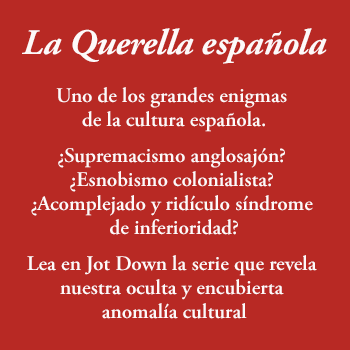

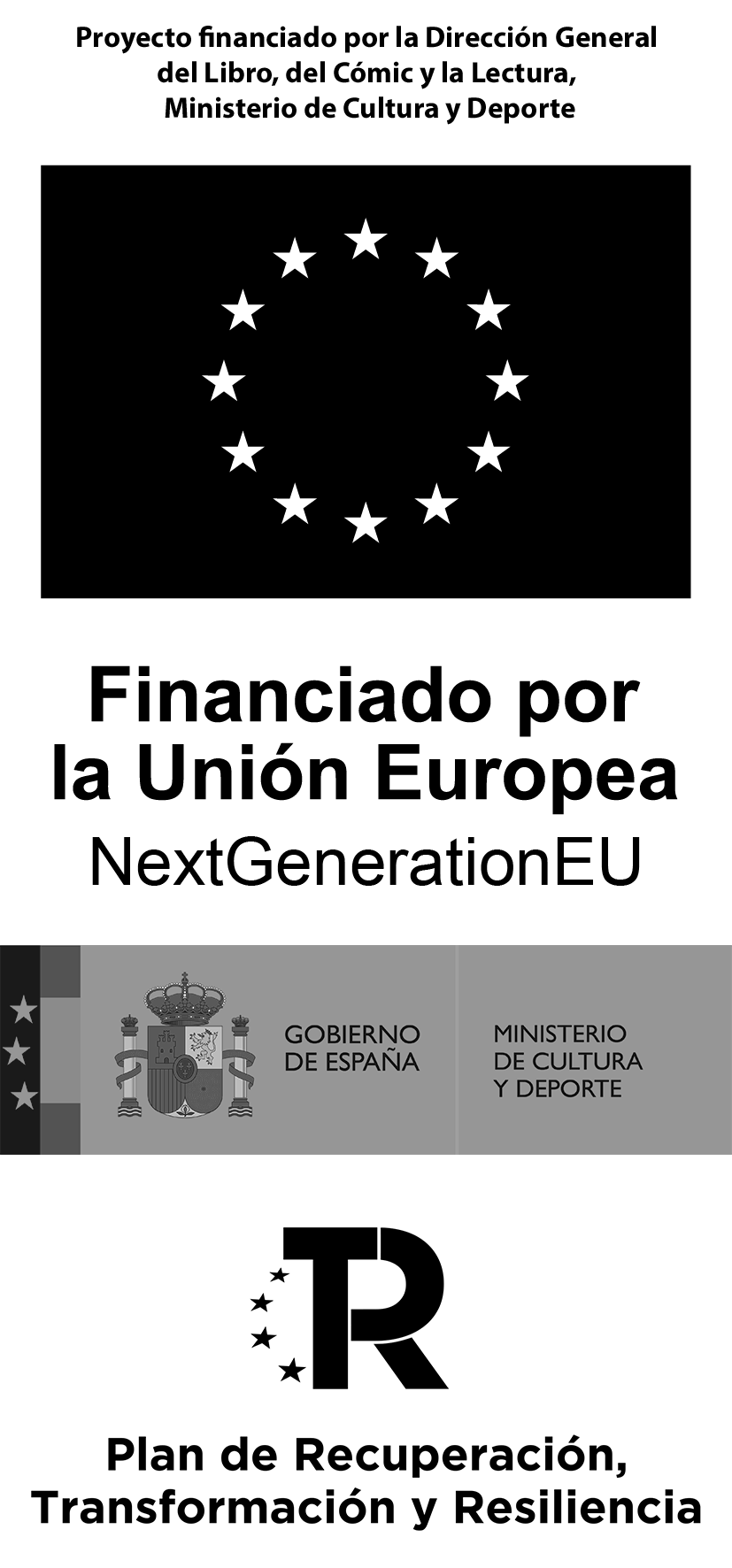




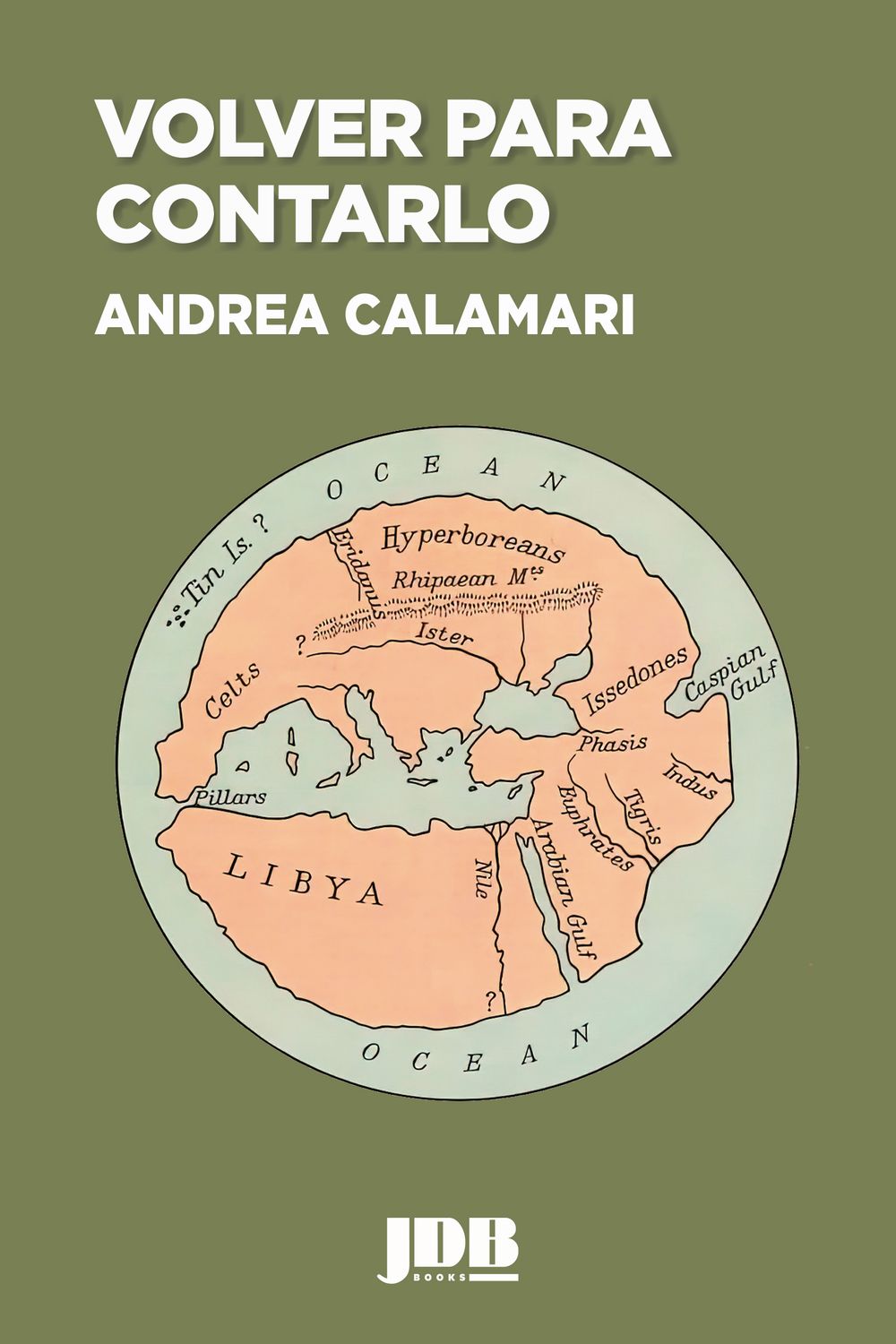
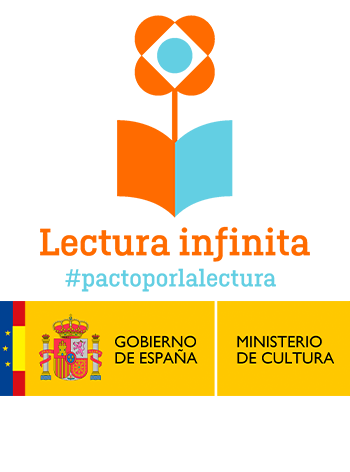
Pingback: Academicools
Echo de menos a Jared Diamond, a Michio Kaku, a muchos otros. Imagino que la lista podría ser interminable. La inquisición doctoral tendría mucho trabajo.